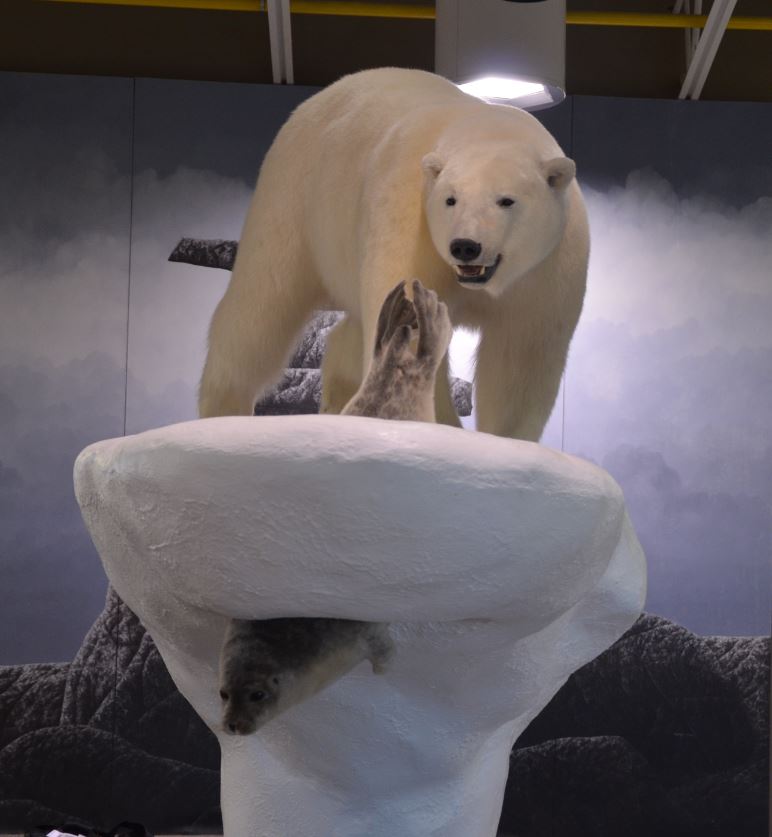An international panel of experts will come together at the University of Dundee this week to explore how European Union countries can prevent the Arctic from environmental catastrophe.
The 2015 EU-Arctic Conference takes place at the Dalhousie Building on Friday 29th and Saturday 30th May and will bring together academics, practitioners and industry figures. Thirty speakers from 15 countries will discuss the EU's potential to enhance Arctic governance, with WWF, Greenpeace, BP, the European Commission and the Arctic Council among the organisations represented at the conference.
A roadmap for increasing the effectiveness of the EU's action in the Arctic will be drawn at the end of the conference, which is timely as the Council of the European Union has requested proposals from the European Commission for the further development of an integrated and coherent Arctic Policy by December 2015.
Conference organiser Dr Nengye Liu, from the University's School of Law, said, "The protection of the Arctic environment is a stated objective of the EU but what does that mean in practice? The conference will look at what measures can be taken to achieve that goal.
"We are delighted that experts from NGO's, industry, governments and academia will be contributing to this important event, bringing evidence and proposals from the perspectives of international law, international relations, political science, marine biology and other disciplines."
Delegates from the US, Canada, Norway, Finland, Denmark, Iceland, Germany, France, Netherlands, Belgium, Spain, Italy, Poland, China, Singapore, Australia and UK will take part in the conference. The keynote speech will be given by Diana Wallis, former Vice President of the European Parliament and President of the European Law Institute.
Dr Liu and Elizabeth Kirk are leading a two-year study into 'The European Union and the Legal Protection of Marine Biodiversity in the Arctic'. This project will establish how the EU can best use its legal powers to help generate an effective legal system for the protection of marine biodiversity in the Arctic.
PRESS RELEASE FROM THE UNIVERSITY OF DUNDEE

